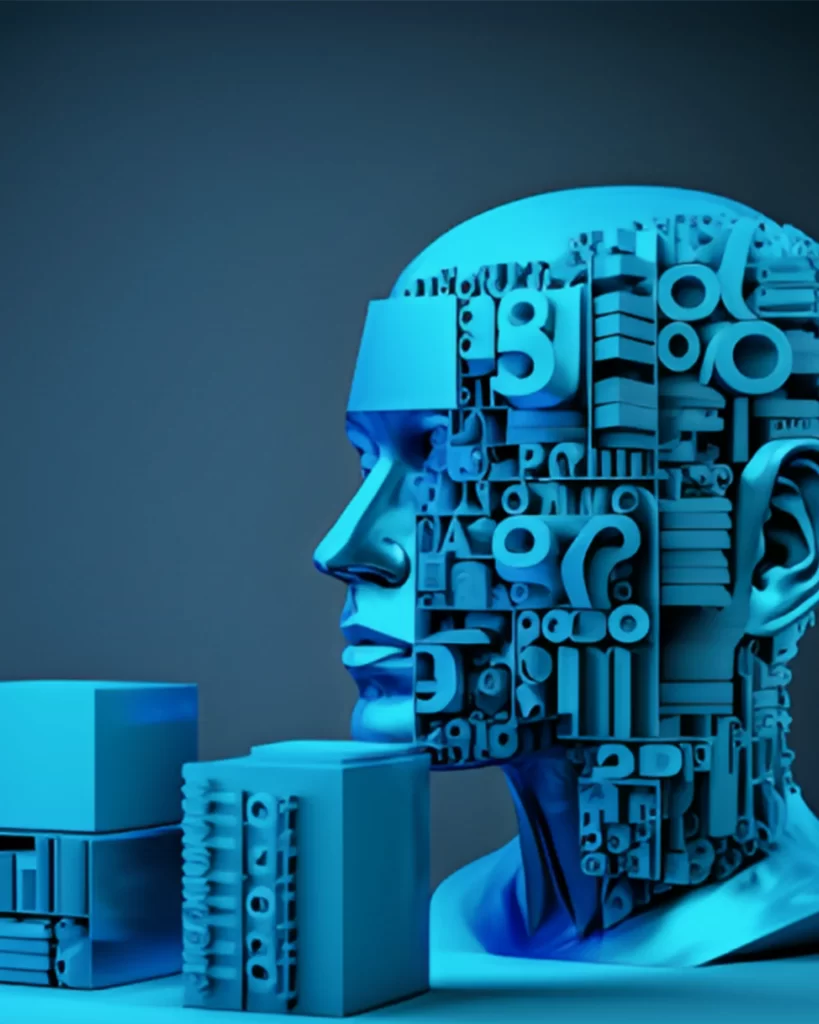Addressing Bias in Machine Learning
Bias and accuracy issues in machine learning have been longstanding challenges, especially in complex fields like medicine. Traditional machine learning models often introduce bias, favoring larger groups or getting influenced by unknown factors. Identifying and mitigating these biases can be an arduous task; it demands extensive effort and resources.
Medical Field’s Critical Need for Unbiased AI
In the medical domain, the consequences of biased machine-learning outcomes can be severe. Healthcare professionals rely on vast datasets and complex algorithms to make crucial decisions about patient care. Additionally, these datasets help streamline diagnosis and treatment processes. While machine learning streamlines data analysis, it can also lead to the oversight of specific patient groups with unique symptoms. Mislabeling and anomalies in the data can further exacerbate this issue, potentially impacting diagnostic accuracy and patient outcomes.

Introducing Dr. Andrew Wong’s Breakthrough XAI Model
Dr. Andrew Wong, a distinguished professor emeritus of systems design engineering at the University of Waterloo, has led groundbreaking research to address these challenges. With ingenuity, his team innovatively untangles complex data patterns, revealing underlying causes that are free from anomalies and mislabels. This revolutionary approach has the potential to boost trust and reliability in Explainable Artificial Intelligence (XAI).
Disentangling Complex Patterns with PDD
The newly introduced XAI model, Pattern Discovery and Disentanglement (PDD), marks a significant milestone in the field. By analyzing extensive protein binding data from X-ray crystallography, Dr. Wong’s team has demonstrated how entangled statistics can be disentangled to reveal hidden knowledge. PDD seeks to bridge the gap between AI technology and human comprehension, fostering more reliable decision-making and unlocking deeper insights from complex data sources.
Dr. Peiyuan Zhou on the Potential Impact of PDD

Moreover, Dr. Peiyuan Zhou, the lead researcher on Dr. Wong’s team, emphasizes the transformative potential of PDD. This XAI model not only promises to reduce bias and enhance trust but also represents a critical step towards more equitable and accurate AI-driven decision-making.
As the world of AI continues to advance, more importantly, innovative solutions like PDD offer hope for addressing longstanding challenges and making AI a more powerful and trusted tool in various domains, particularly in the critical field of healthcare.
To know more: Waterloo PDD Model









